
What That Swollen Lump Near Your Neck or Ear Really Means – And When to Worry
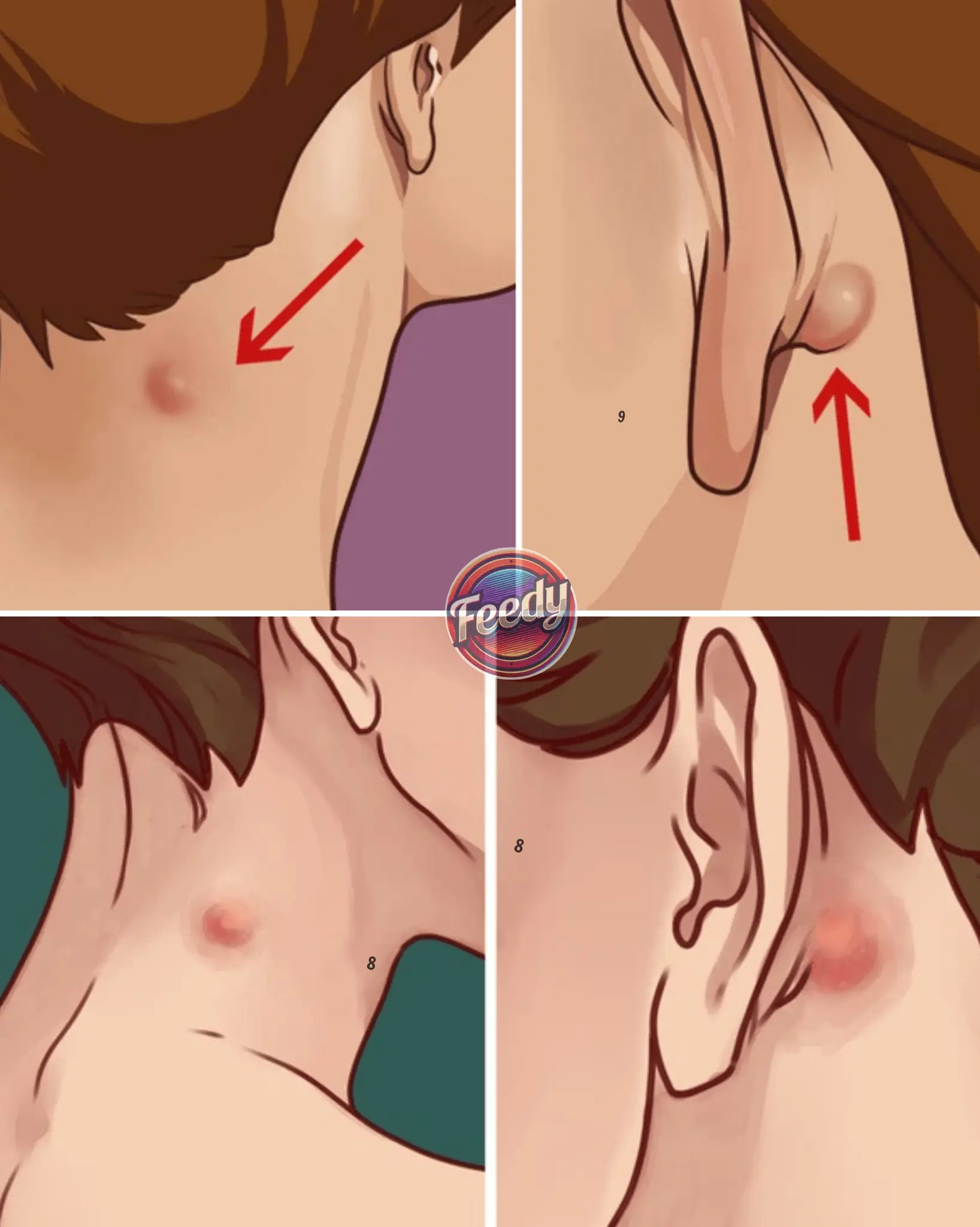
Discovering a lump or swollen bump on your neck, behind your ears, or along your jawline can be alarming. Your mind may jump to the worst-case scenario, but take a deep breath—these lumps are often just enlarged lymph nodes, a natural response from your immune system.
While most of these swellings are harmless and temporary, understanding what’s going on in your body can help ease your worries and guide you to the right care when needed. Let’s break it down.
What Are Lymph Nodes and Why Do They Swell?
Lymph nodes are small, bean-shaped glands found throughout your body—in your neck, armpits, groin, under the jaw, and behind the ears. They act as filters for harmful substances and play a key role in defending your body against illness.
Normally, you don’t notice them. But when they swell, it means your immune system is on high alert—fighting off bacteria, viruses, or other invaders.
What Causes Swollen Lymph Nodes?
Here are the most common culprits:
1. Infections
The number one reason for swollen nodes is infection. Whether it’s a mild cold or something more serious like strep throat, your body activates the lymph nodes to filter out harmful pathogens.
2. Ear Infections
If the swelling is behind or near the ear, an ear infection might be the cause. This is especially common in children but can affect adults too, often accompanied by fever and discomfort.
3. Local Injuries or Inflammation
Even minor injuries, like a cut or irritation near the area, can trigger lymph node swelling as your body kicks into healing mode.
4. Allergic Reactions
Your immune system might also respond to allergens—such as certain foods, medications, or environmental triggers—by enlarging lymph nodes.
5. Autoimmune Conditions
Chronic inflammatory diseases like lupus or rheumatoid arthritis can cause persistent swelling in multiple nodes throughout the body.
6. Cancer (Rare, But Important)
While uncommon, swollen lymph nodes can sometimes indicate lymphoma or cancers that have spread. These require prompt medical attention.
When Should You Be Concerned?
Swollen lymph nodes often go away on their own. But see a doctor if:
-
The swelling lasts more than 2-3 weeks
-
The lump is hard, fixed, or getting larger
-
You have other symptoms: fever, night sweats, fatigue, or unexplained weight loss
-
You have a history of cancer or autoimmune disease
-
The lump is painful or appears infected
These could signal something more serious needing medical evaluation.
How to Relieve and Treat Swollen Lymph Nodes
For mild, infection-related swelling, try these home remedies:
✅ Warm compress: Apply a warm, damp cloth to the area for 10–15 minutes a few times a day to ease discomfort and improve circulation.
✅ Pain relief: Use over-the-counter medications like ibuprofen or acetaminophen for pain or inflammation.
✅ Rest & hydration: Give your immune system time and support to fight off the infection.
When Medications Are Needed
If a bacterial infection is the cause, your doctor may prescribe antibiotics. For viral infections, antiviral medications may help in more severe cases.
In rare instances where cancer or autoimmune disease is involved, early diagnosis and medical management are essential.
Bottom Line
That lump on your neck or near your ear might be unsettling—but it’s often your body doing its job. Still, staying informed and knowing the warning signs can make all the difference.
If something feels off or isn’t going away, trust your instincts and talk to a healthcare provider. Your peace of mind—and health—are worth it.
News in the same category


Benefits of Cinnamon, Bay Leaf, and Hibiscus Tea

Discover the Power of Banana and Cinnamon: Natural Remedy for Better Sleep

Natural Recipe to Boost Your Strength Before Bed

The Benefits of Drinking Bay Leaf Tea on an Empty Stomach for Your Health
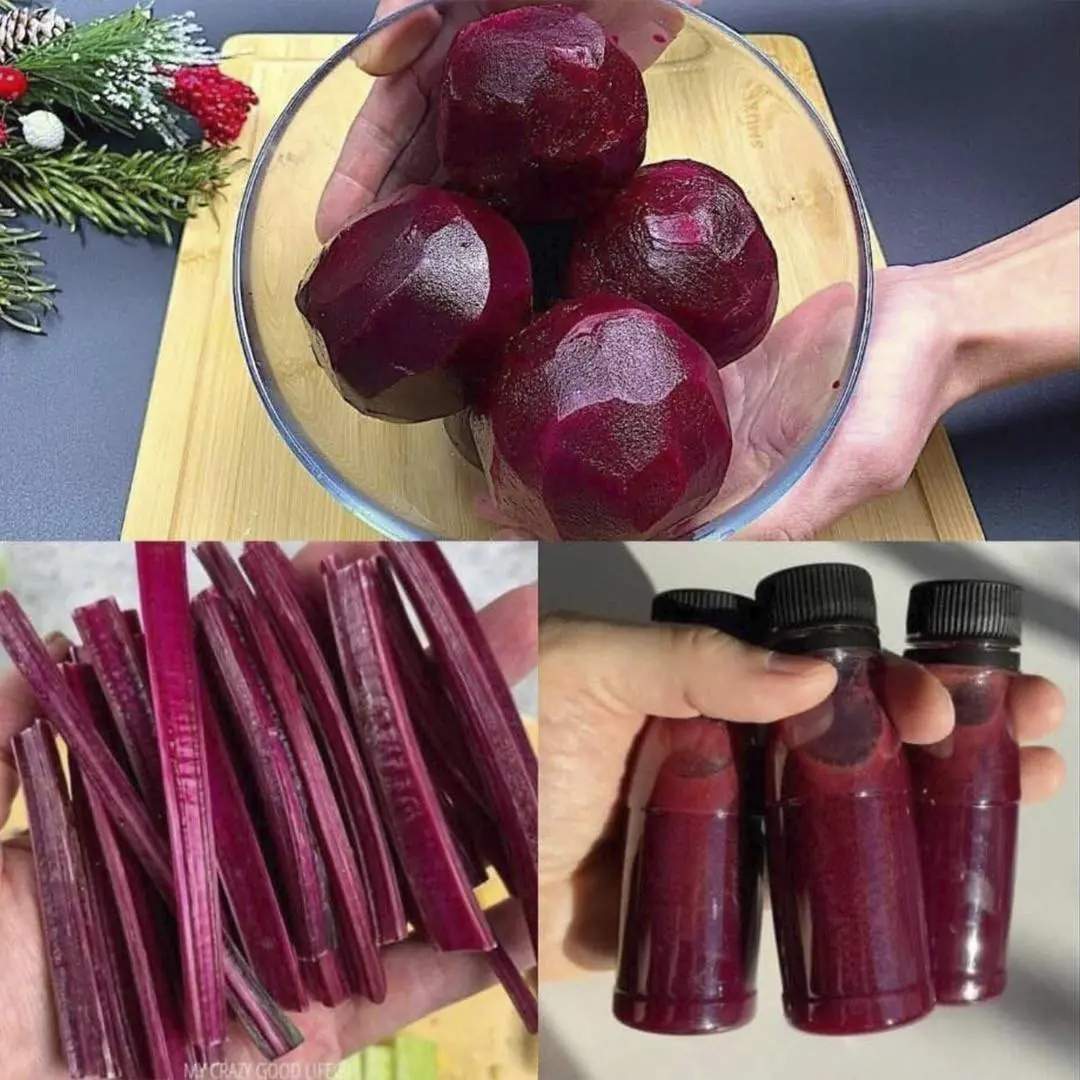
The Best Natural Collagen: Make a Beetroot Juice for Your Health
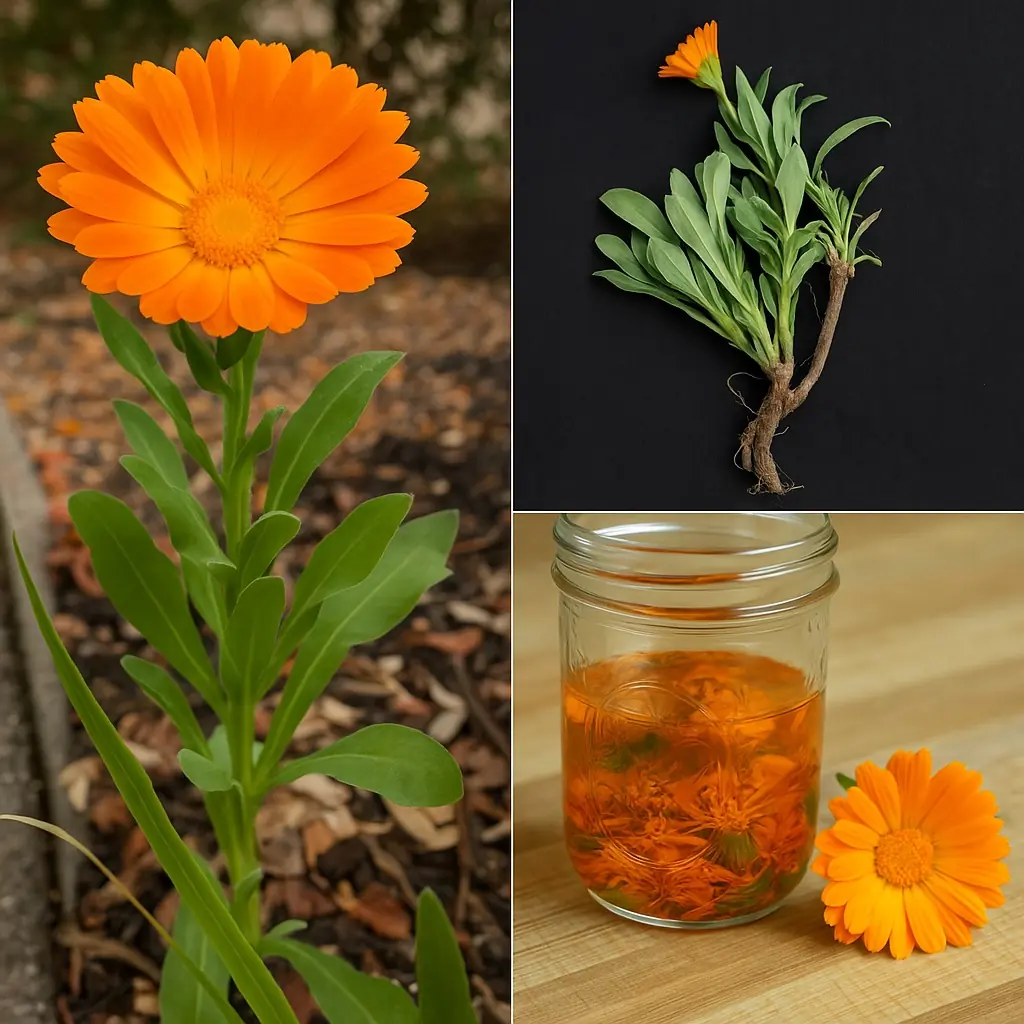
12 Surprising Powers of Calendula officinalis You’ll Wish You Knew Sooner

The One Sleep Hack That Could Change Everything: Why Your Bedside Matters
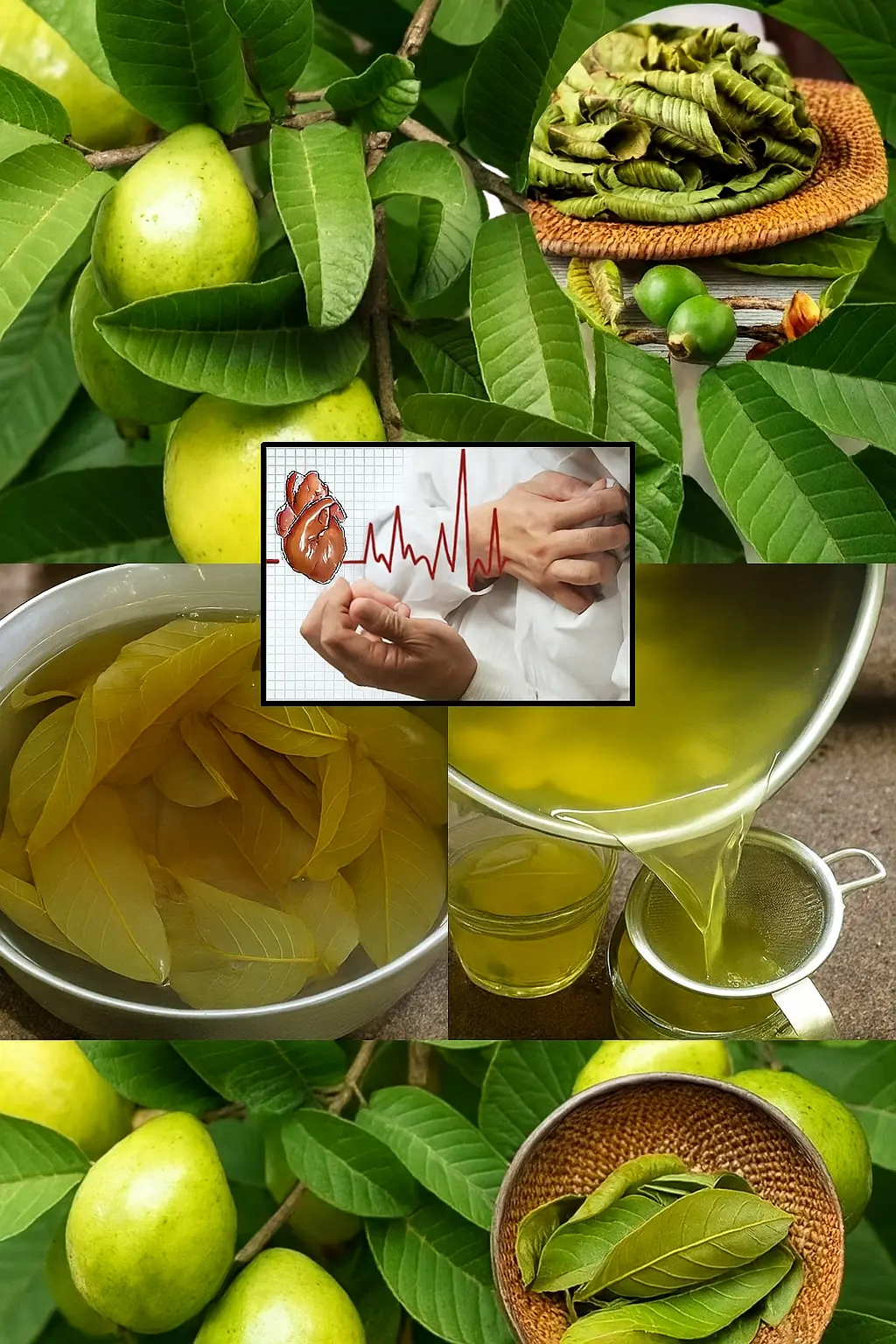
Unveil the Power of Guava Leaf Tea: Your Secret to Vibrant Health

Okra: The Nutrient-Packed Superfood You Need in Your Diet

The Ultimate Wellness Elixir: Why Every Woman Needs This Aidan Fruit Combo

Revive Your Prime: The Ultimate Natural Tonic for Men Over 40

Unlock the Secret Powers of Taro Root: Your New Favorite Superfood
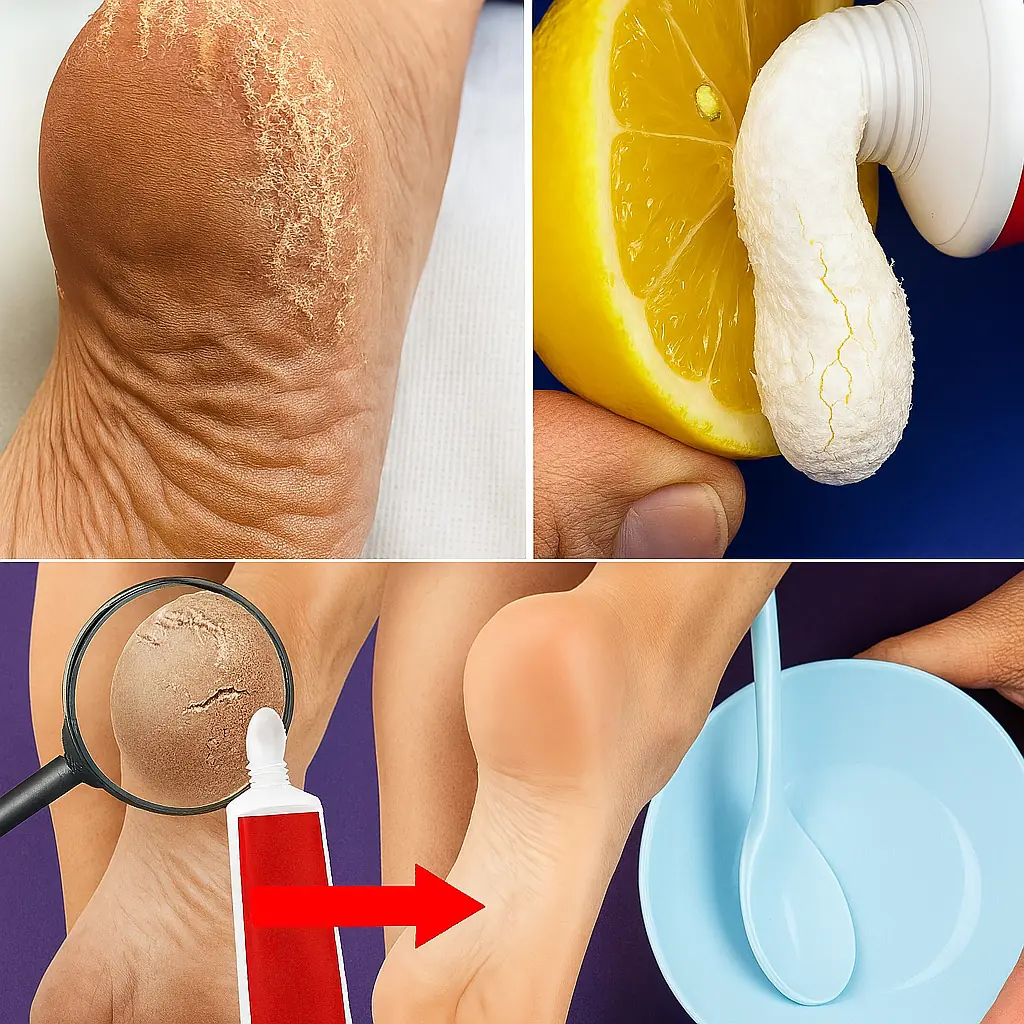
Toothpaste: Your Secret Weapon for Silky, Fresh Feet Every Day
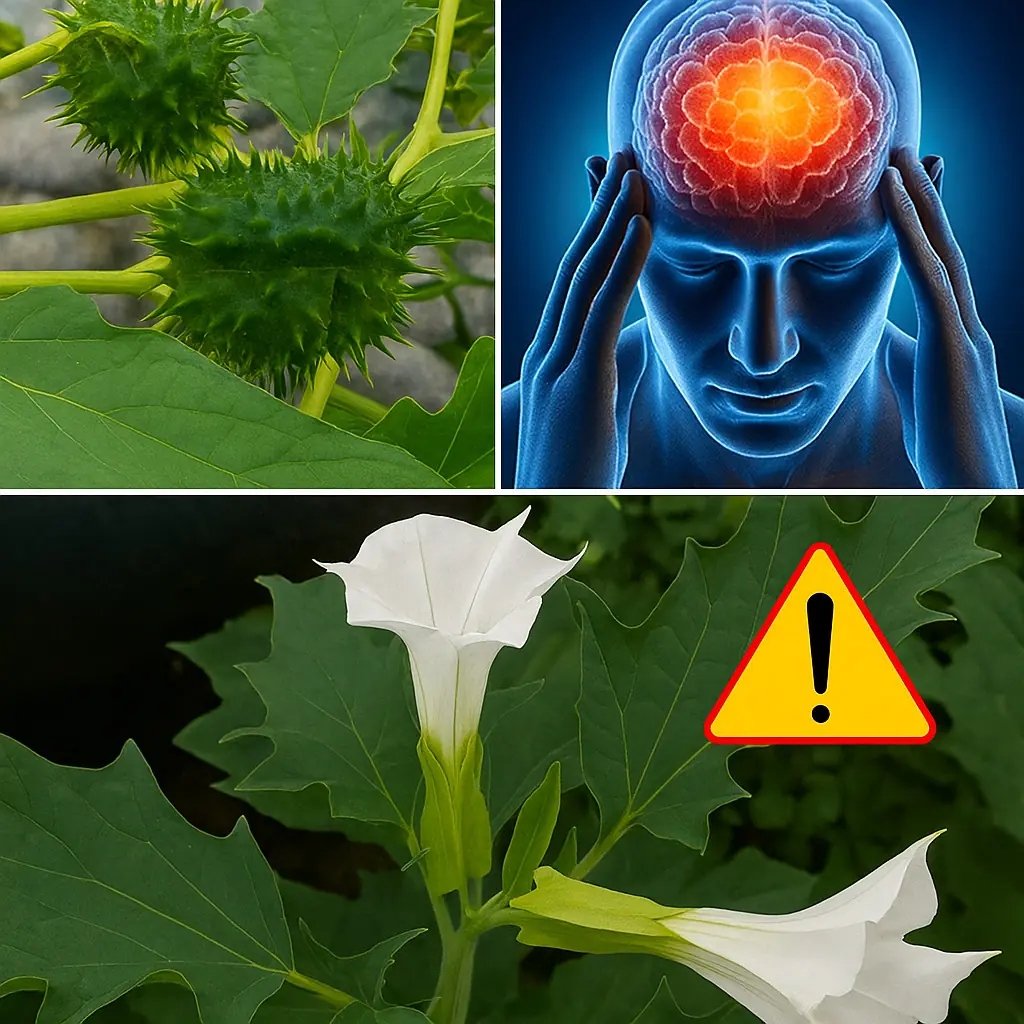
Datura Stramonium: The Deadly Allure of Nature’s Toxic Trumpet and Its Dark Medicinal Past

Baking Soda: Unlock Radiant Skin with Three DIY Face Masks That Truly Work
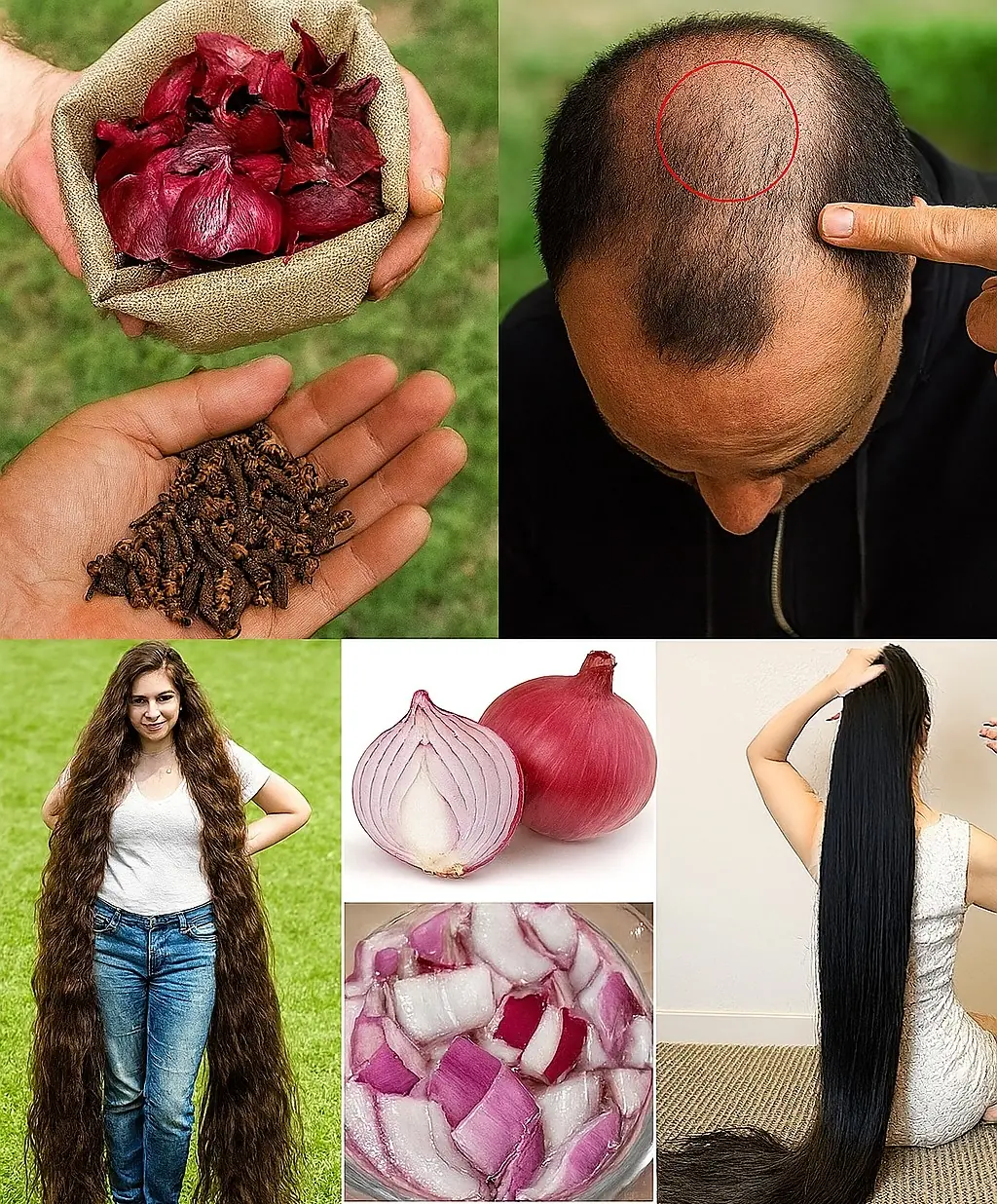
Unlock the Secret to Luscious Hair: The Surprising Power of Cloves and Onion Peels

Oh My God, This Is Why I Boil Watermelon Seeds! 🍉🔥

How to Make Ginger Juice – No Sugar
News Post

Oat Water with Lemon: Natural Elixir for Health and Weight Loss

Chocolate Ganache Layer Cake with Fresh Fruit & Cream 🍫🍊🍇

Chocolate Oreo Celebration Cake 🎂✨

He Kept Whispering “Murphy”… But None Of Us Knew Who That Was

Unveiling Personality Secrets: What’s the First Color You See?

Is Cabbage Harmful to the Thyroid? Discover the Truth

The Refreshing Combination of Hibiscus, Bay Leaf, and Cinnamon: Benefits and Recipe for Women

Transform Your Health with Two Daily Spoonfuls: An Effective Natural Remedy

The Powerful Watermelon, Carrot, Beet, and Ginger Juice: A Healthy Recipe for Vitality and Wellness

Benefits of Cinnamon, Bay Leaf, and Hibiscus Tea

Discover the Power of Banana and Cinnamon: Natural Remedy for Better Sleep

Natural Recipe to Boost Your Strength Before Bed

The Benefits of Drinking Bay Leaf Tea on an Empty Stomach for Your Health

The Best Natural Collagen: Make a Beetroot Juice for Your Health

Unveiling the Unthinkable: How a Father’s Cru el Plan Almost Destr0yed His Daughter's Life

Mint Chocolate Oreo Trifle

Blueberry Cheesecake Milkshake

Blueberry & Vanilla Swirl Ice Cream Sundae

Tiny Fish, Big Noise: The Fingernail-Sized Danionella cerebrum Outsounds an Elephant
